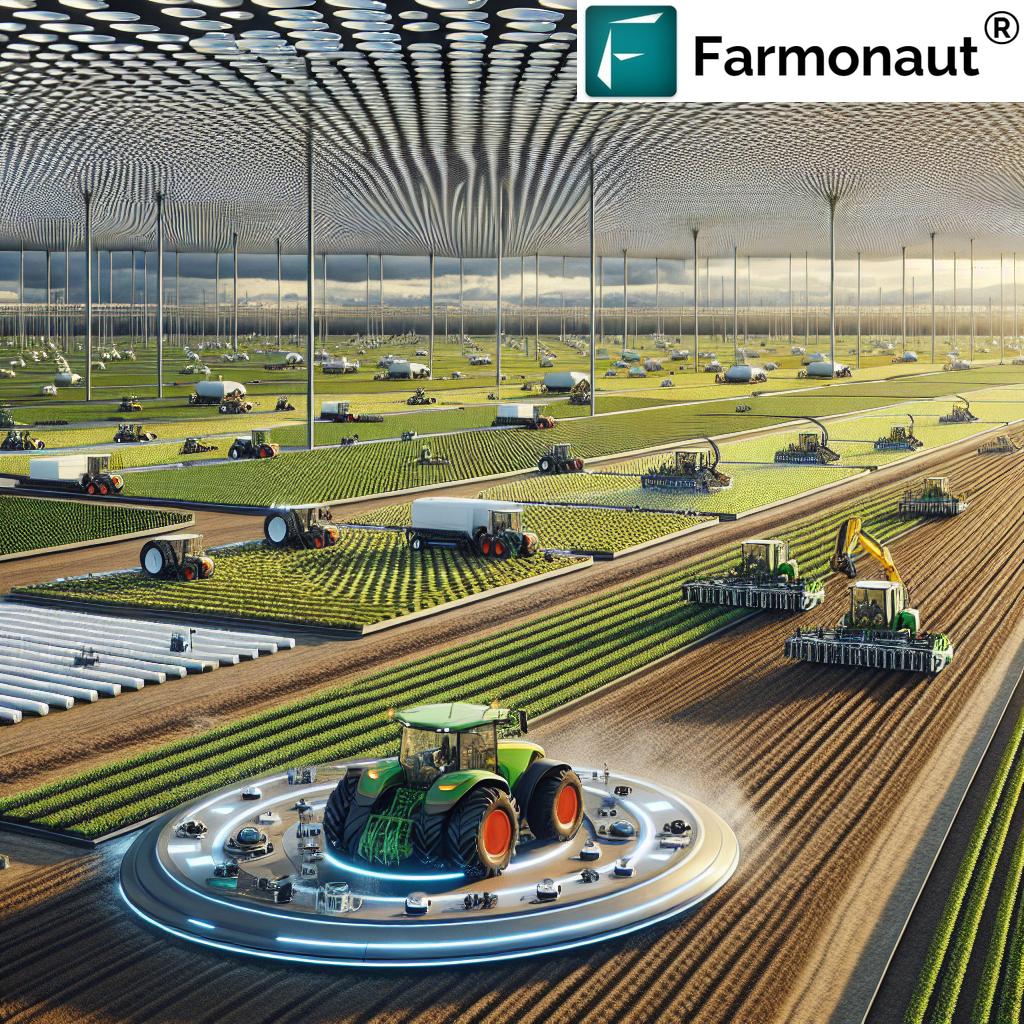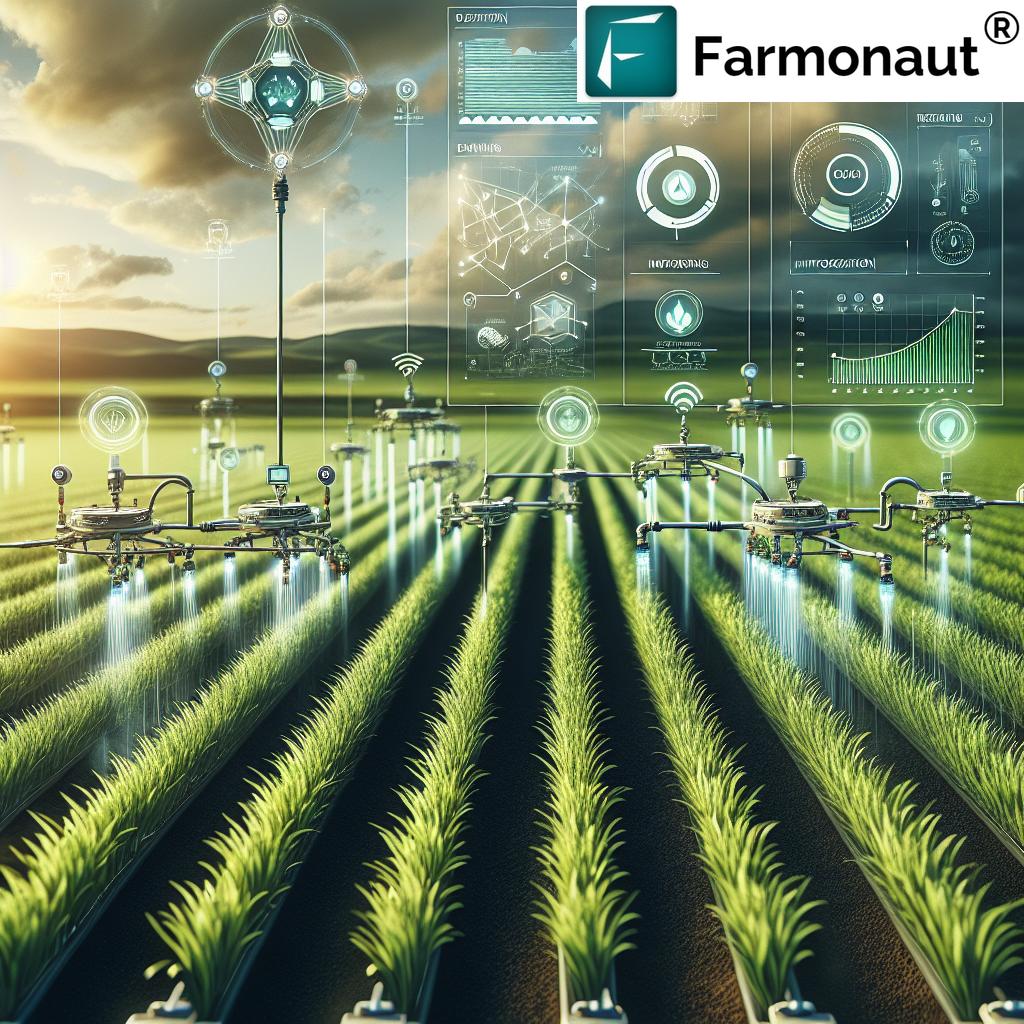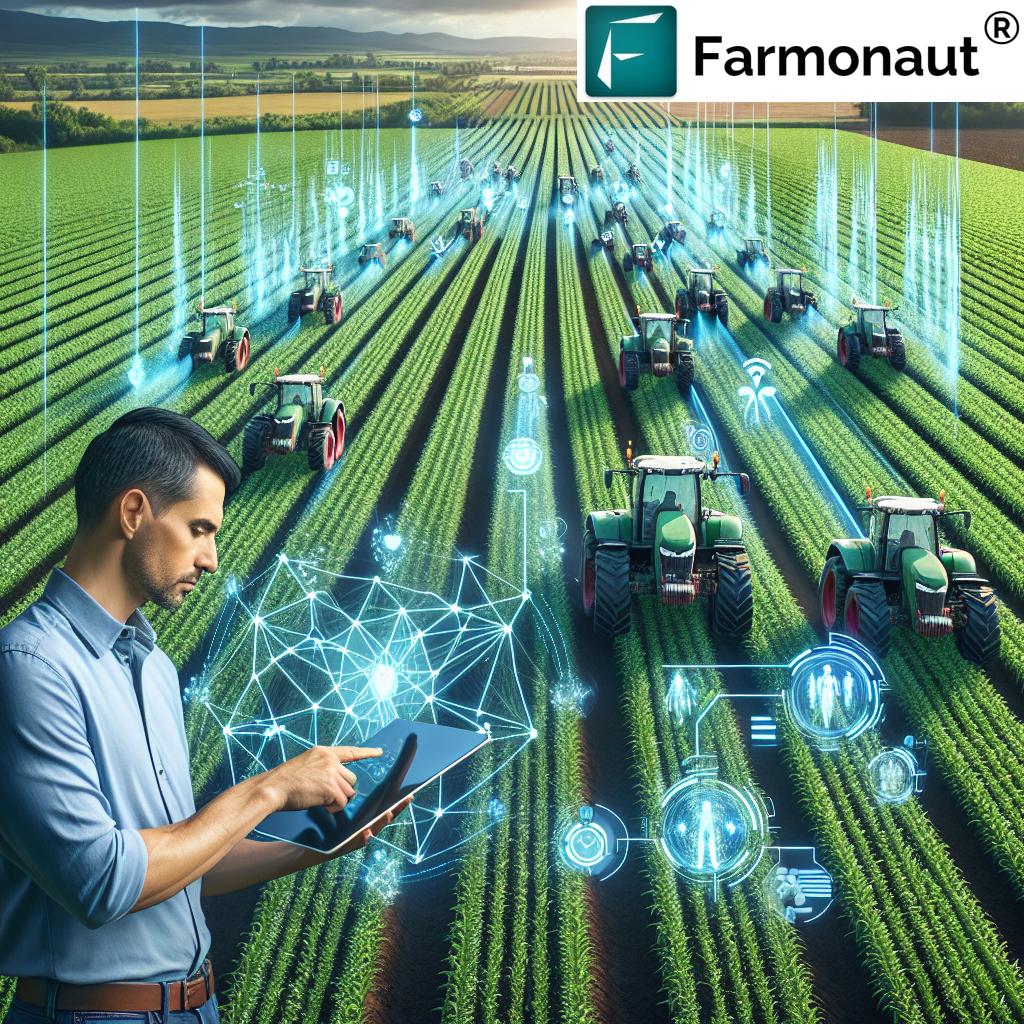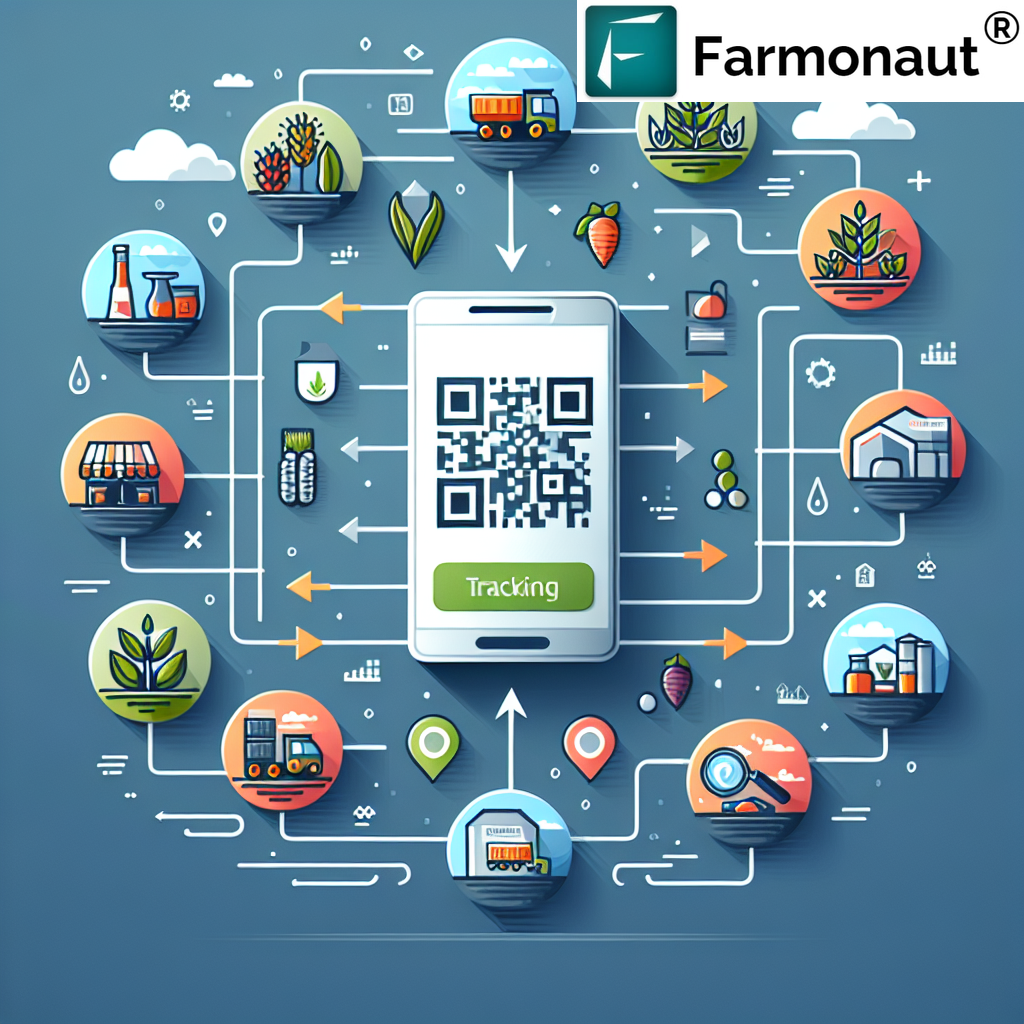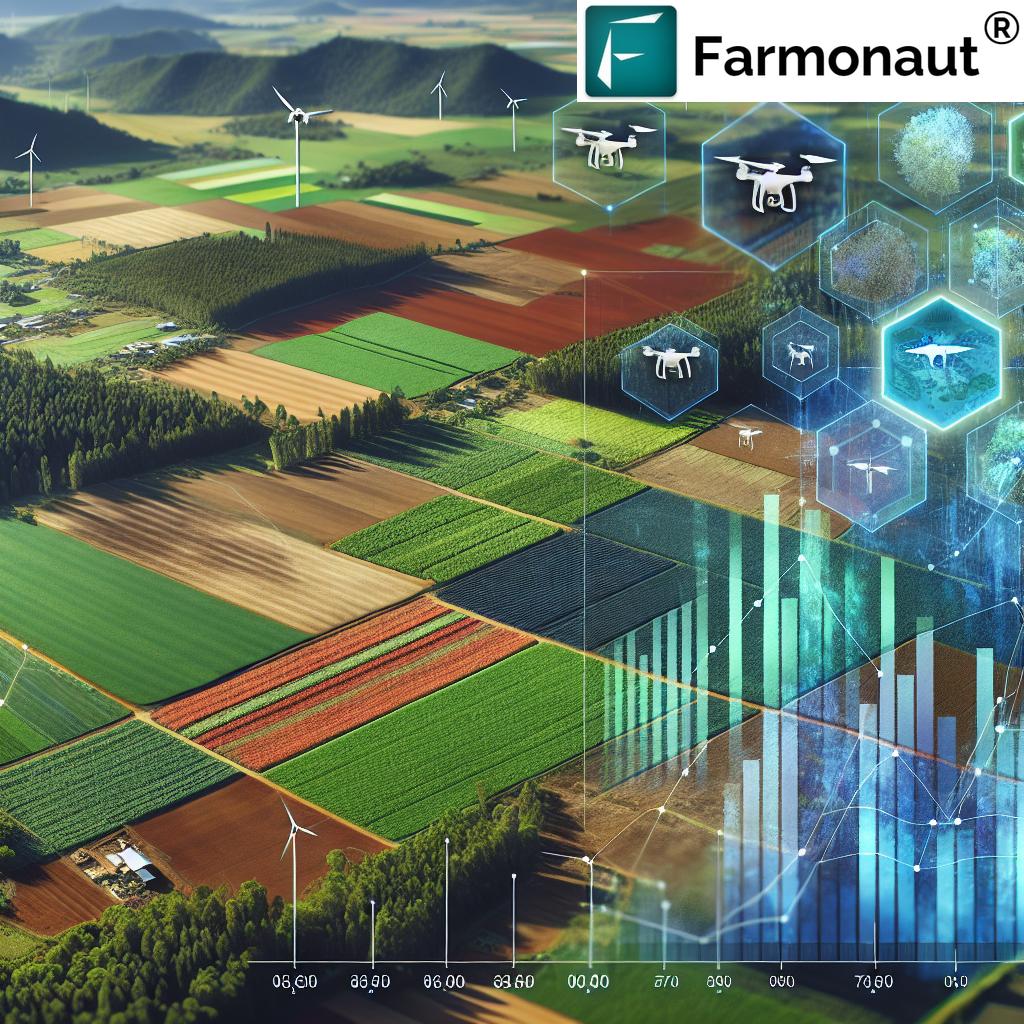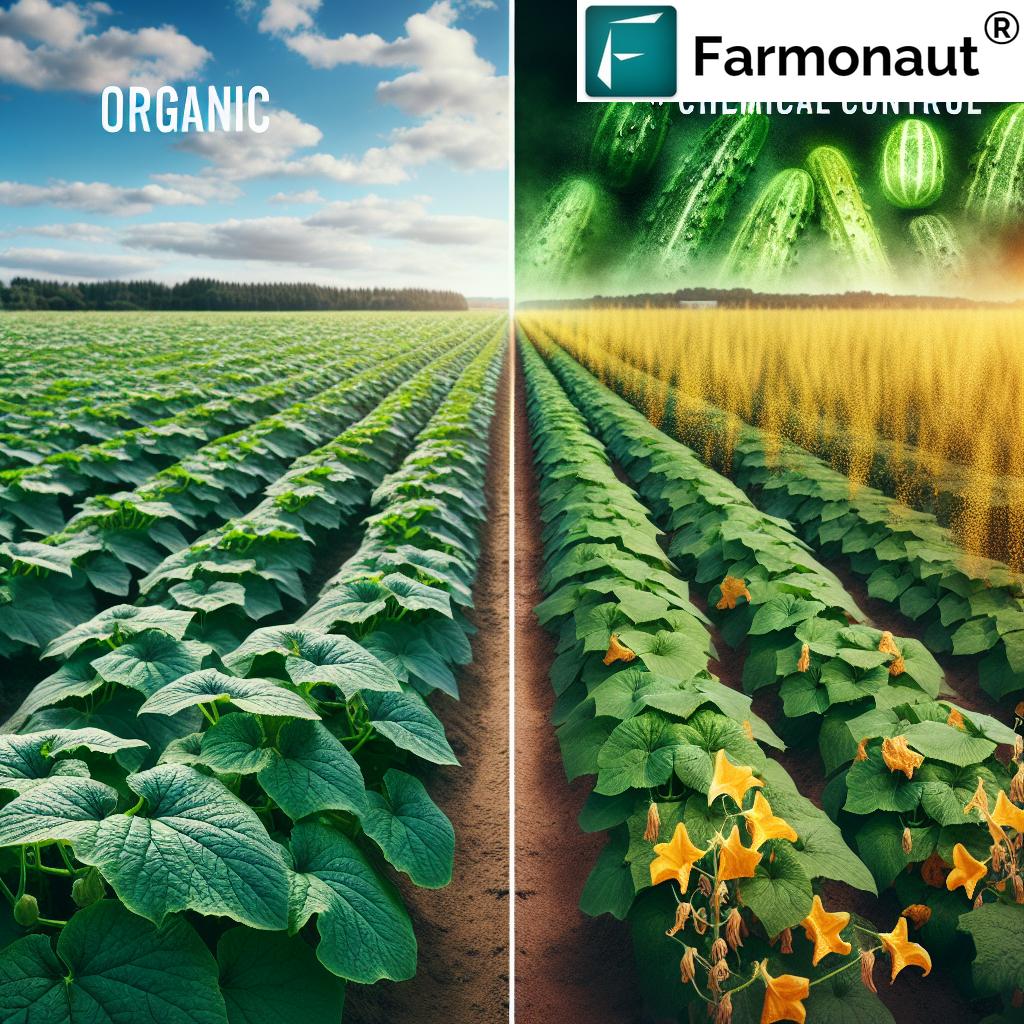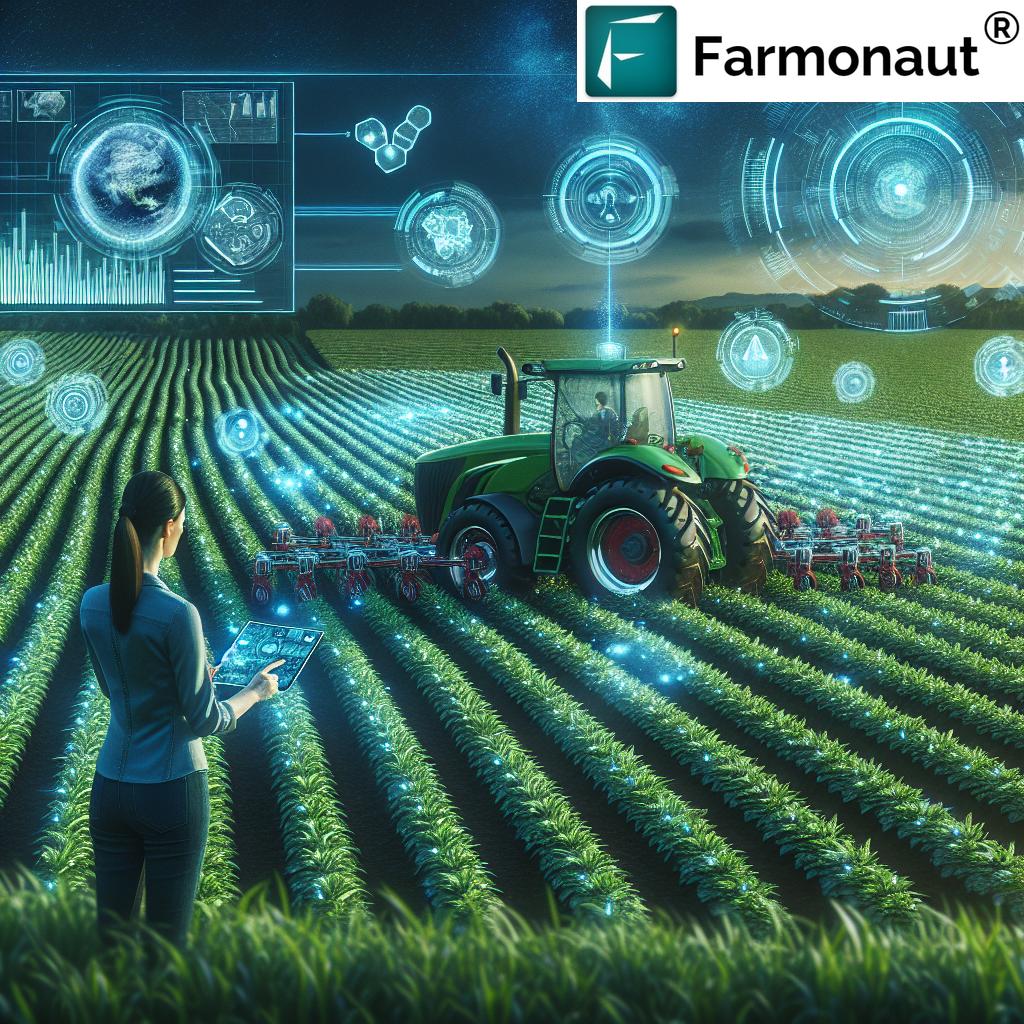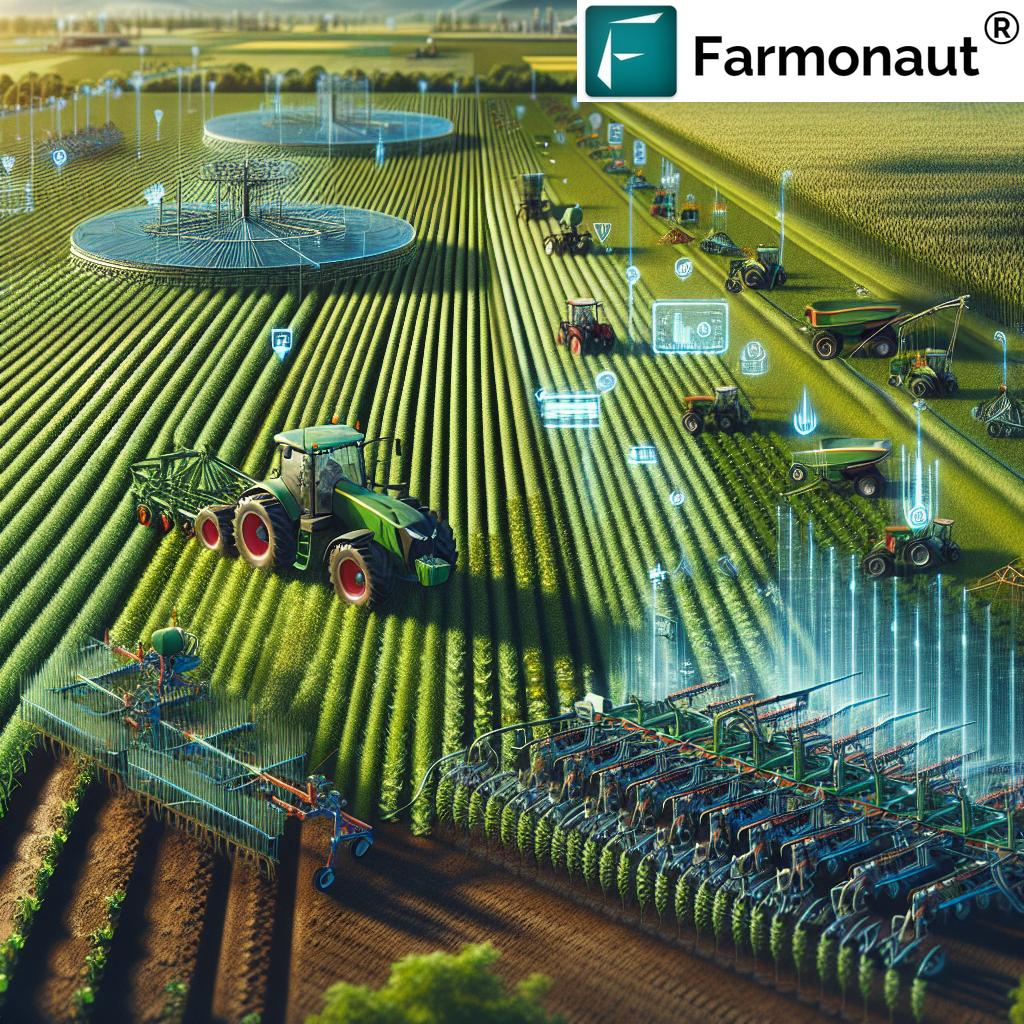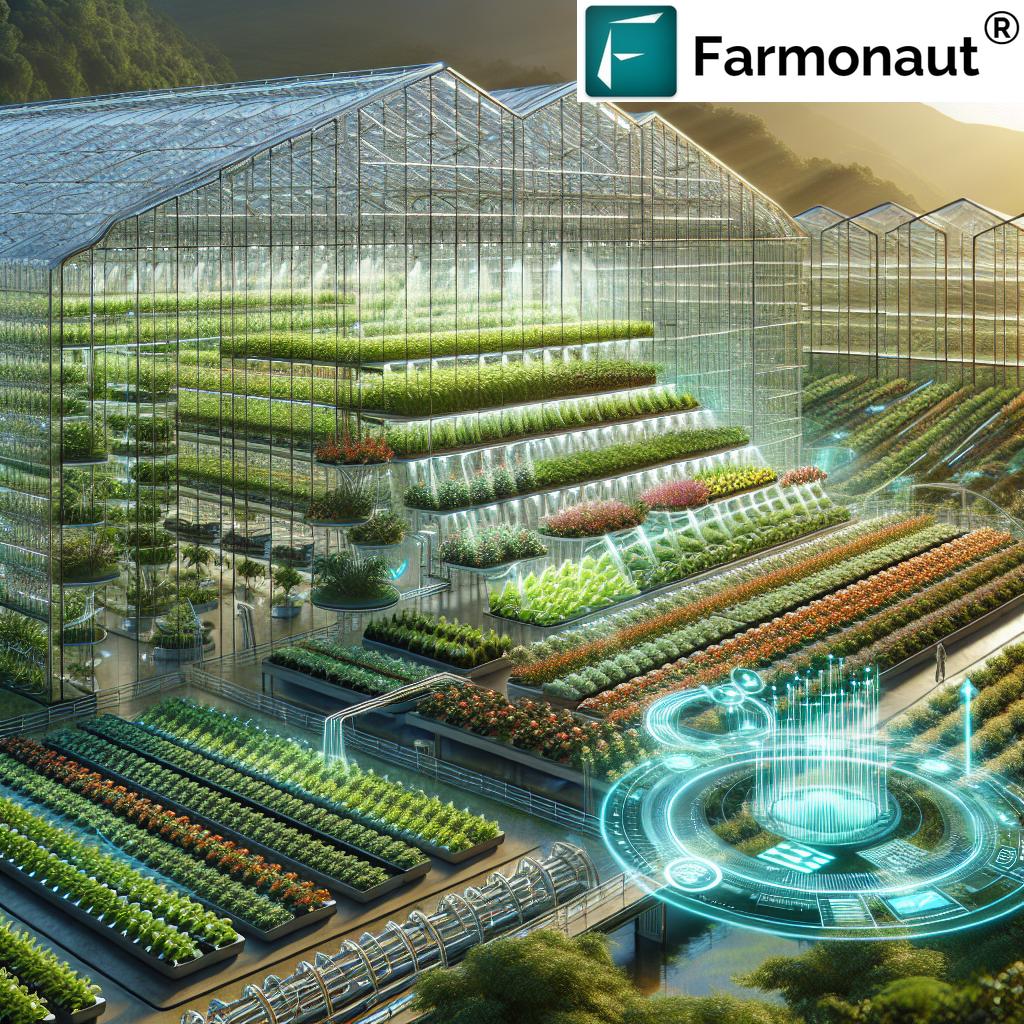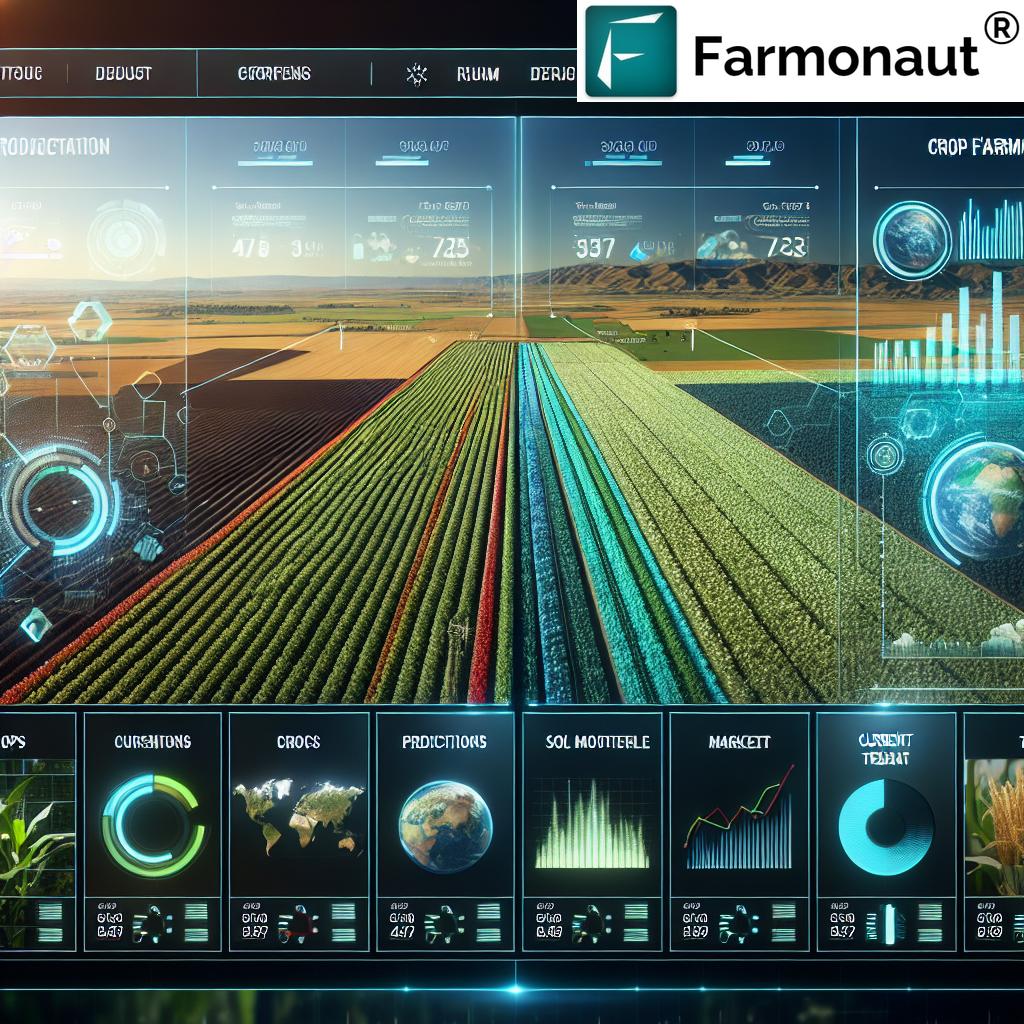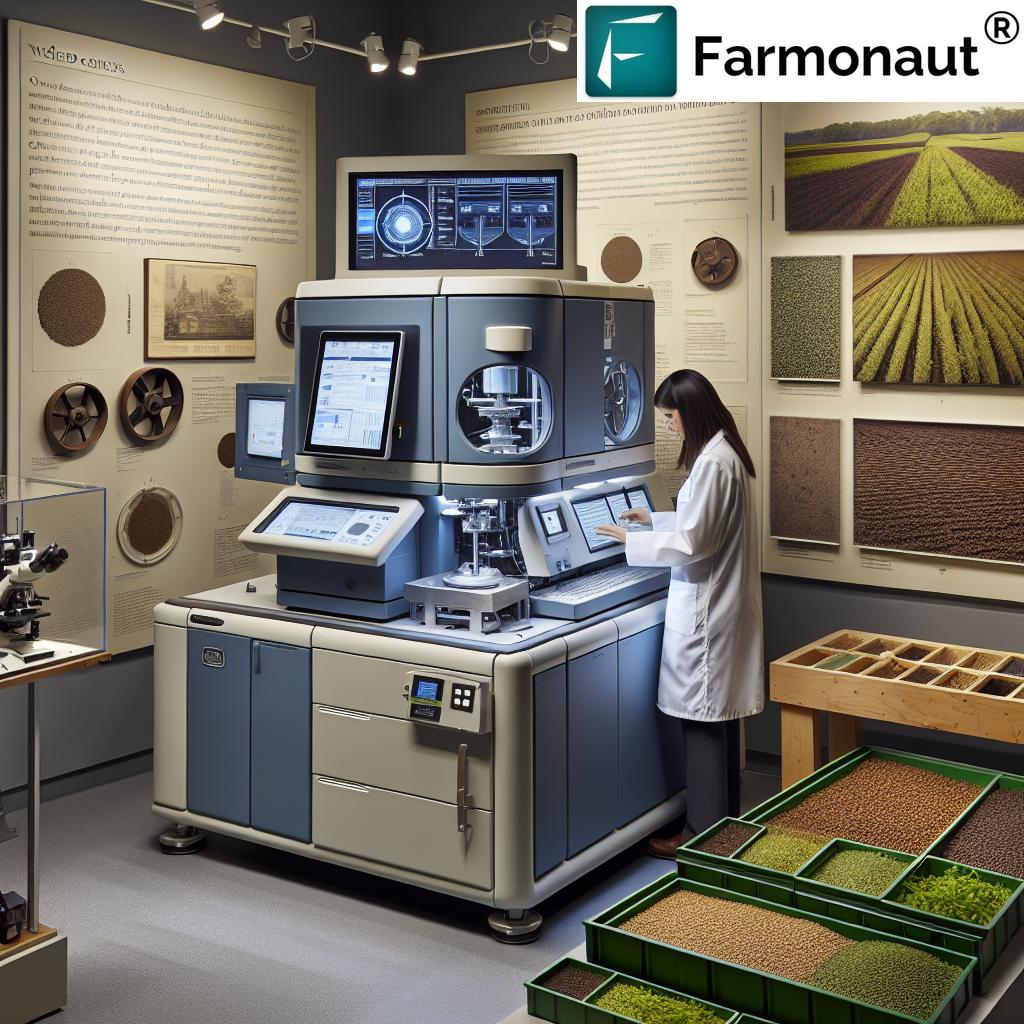Automated Farming Systems: 7 Genius Hacks You Need!
“Automated farming systems can boost crop yields by up to 30% using precision agriculture technology.”
Why Automated Farming Systems Are the Future of Agriculture
Welcome to the era of automated farming systems, where traditional agriculture meets cutting-edge technology! From robotics and AI-based decisions to smart water management and drone crop monitoring, our farms are transforming into highly efficient, sustainable, and productive landscapes.
As global demand for food soars, agriculture faces labor shortages, fluctuating environmental conditions, resource scarcity, and the pressure to boost yields while minimizing waste and environmental impact. This is where precision agriculture technology and smart farming solutions step in, integrating advanced automation, sensors, data analytics, and innovative resource management.
In this comprehensive guide, we’ll explore the 7 smartest automation hacks revolutionizing agriculture and forestry. We’ll spotlight essential technologies, show how data-driven farming works in real life, address challenges, and highlight Farmonaut—our pick for making precision agriculture affordable for every grower and agribusiness.
Automated Farming Systems: 7 Genius Hacks Transforming Smart Agriculture
Let’s decode the backbone of automated farming systems through these seven genius hacks. Each solution aims at maximizing efficiency, sustainability, and productivity in modern farm management. These hacks leverage robotics, data, imaging, and smarter use of resources for better food production.
1. Robotics and Automation: Smarter Planting, Weeding, and Harvesting
In the realm of agricultural automation, robotics in farming stands at the forefront. Modern robotic systems now perform essential tasks—from seeding and planting to weeding and harvesting. For example, FarmWise Labs’ Titan FT-35 mechanical weeder, employing AI and computer vision, identifies, and removes weeds without chemicals, dramatically reducing pesticide use and supporting sustainable agriculture practices.
- Precision in planting and weeding
- Reduction in chemical inputs and manual labor
- Consistent output in fields of all sizes
- Advanced AI in agriculture enables real-time crop management
2. Drones and Aerial Imaging: Bird’s-Eye View on Crop Health
Leveraging drones equipped with sensors and high-resolution cameras marks a leap in drone crop monitoring. These aerial eyes assess crop health, monitor soil conditions, and detect pests or diseases even before symptoms are visually evident. Drones facilitate aerial imaging that enables timely interventions and optimal input application.
- Rapid field inspections, even in inaccessible areas
- Pinpoint hotspots for disease, nutrient, or moisture issues
- Support for precision spraying of fertilizers and pesticides
3. Automated Irrigation Systems: Smarter Water Management
Water conservation is paramount in sustainable agriculture practices. Automated irrigation systems utilize soil moisture and weather sensors to monitor real-time field conditions. By adjusting water delivery based on the actual needs of crops, these systems ensure optimal plant growth while dramatically reducing water waste and resource misallocation.
- Conserves water by targeting only the areas and crops in need
- Prevents over- and under-watering
- Integrates easily with data-driven farming platforms, like Farmonaut
“Smart farming automation reduces water usage by nearly 20% compared to traditional agricultural methods.”
4. Autonomous Tractors and Equipment
Modern farming relies on autonomous tractors and implements guided by GPS and in-field sensors. With minimal human intervention, these autonomous tractors efficiently perform planting, fertilizing, spraying, and harvesting tasks. Leading companies like John Deere have introduced models that can spray fertilizers and pesticides autonomously—even working at night to maximize operational speed.
- Reduces reliance on skilled labor
- Enables 24/7 operation with superior precision
- Optimizes use of expensive equipment, reducing costs
5. Data Analytics and AI: Decisions Powered by Advanced Insights
Perhaps the most vital component, data analytics and AI in agriculture, revolutionize farm management with actionable intelligence. Sophisticated algorithms analyze live feeds from satellites, sensors, weather models, and historical data to produce tailored recommendations, predict yields, manage resources, and identify risks.
- Monitor and track every phase of crop production
- Dynamically optimize fertilizer, water, and pesticide use
- Enable informed decisions for farmers and agribusinesses
6. Integrated Resource and Fleet Management
From fuel and input purchases to machine hours and vehicle movements, modern agricultural automation integrates all facets of resource management. Smart fleet management platforms, such as Farmonaut Fleet Management, provide mapping, route optimization, and operational analytics for vehicles and equipment, driving down costs and bolstering operational efficiency.
- Total visibility into logistics and input usage
- Preventative maintenance and downtime reduction
- Peace of mind through automation and data-driven alerts
7. Blockchain-Based Traceability and Sustainability Tracking
Traceability is a rising demand from both the food industry and consumers. Blockchain-based solutions provide transparent, immutable records for every step of the food production journey, which is invaluable for quality assurance, certifications, and sustainability initiatives. Farmonaut’s Product Traceability combines satellite data and blockchain for unparalleled transparency and trust.
- Ensures food safety and supply chain integrity
- Supports compliance, exports, and ethical sourcing
- Builds consumer trust through verified data trails
- Combined with Carbon Footprinting Tools to document and reduce environmental impact
Comparison of Automated Farming Hacks and Their Impact
For clarity and actionable insight, here’s a comprehensive comparative table showcasing each of our 7 genius hacks in automated farming systems. Review estimated efficiency gains, resource savings, and their real-world impact!
| Hack/Technique | Core Technology | Estimated Efficiency Gain (%) | Estimated Resource Savings (%) | Sustainability Impact | Example/Application |
|---|---|---|---|---|---|
| Robotics and Automation | Robotic Weeders, AI, Computer Vision | 25-35 | 15-18 (reduced labor/chemicals) | High | AI-guided mechanical weeding without chemicals |
| Drones & Aerial Imaging | Drones, Sensors, Multispectral Cameras | 20-30 | 10-12 (inputs/water) | Medium-High | Disease/pest detection; site-specific spraying |
| Automated Irrigation Systems | Moisture Sensors, IoT Monitoring | 15-25 | 20-30 (water) | High | Automated drip irrigation with real-time adjustments |
| Autonomous Tractors/Equipment | GPS, Autonomous Platforms | 30-45 | 12-16 (fuel, input) | Medium | John Deere self-driving pesticide sprayers |
| Data Analytics & AI | AI, Big Data Analytics, Predictive Models | 20-30 | 15-18 (inputs, loss reduction) | High | Yield prediction, weather-informed crop planning |
| Integrated Resource & Fleet Management | IoT, Cloud Platforms, GPS Tracking | 10-15 | 10-12 (fuel, time) | Medium-High | Farmonaut fleet optimization and tracking |
| Blockchain-Based Traceability & Sustainability | Blockchain, Smart Contracts, Satellite Verification | 12-16 | 8-10 (waste, fraud prevention) | High | Farmonaut product traceability & carbon footprinting |
Unmatched Benefits of Automated Farming Systems
By adopting automated farming systems and precision agriculture technology, growers, agribusinesses, and forestry professionals unlock multiple layers of value:
- Increased Efficiency: Automation significantly reduces labor costs while increasing operational speed. This means larger areas are managed more effectively, with fewer resources.
- Sustainability: Precision resource application (water, fertilizer, pesticides) dramatically reduces waste and shrinks the farm’s environmental impact.
- Enhanced Productivity: Automated systems operate far longer and more efficiently than manual effort alone, boosting yields and delivering reliable, high-quality food products.
- Data-Driven Decisions: Access to real-time data supports informed, evidence-based farm management. Platforms like Farmonaut empower growers with actionable insights for every decision, from irrigation to harvest timing.
- Transparency and Trust: Blockchain-backed traceability and carbon footprinting reinforce food safety, support supply chain audits, and improve consumer confidence.
Key Challenges and Considerations When Adopting Advanced Farming Systems
While the transformation into a fully automated, data-powered farm brings compelling advantages, it’s essential to be aware of some key challenges in automation adoption:
- High Initial Investment: The upfront cost of robots, drones, autonomous tractors, and data platforms may be significant for small- and medium-scale farmers. Farmonaut eases this hurdle with affordable, subscription-based plans.
- Technical Complexity: Operating, maintaining, and interpreting outputs from advanced equipment can require new skills or technical training.
- Data Security and Privacy: With increased data comes the need for enhanced security protocols and transparent data use policies.
- Labor Impact: Automation may reduce demand for certain manual roles, impacting rural employment—however, it can create demand for skilled technical and management positions.
Need a secure, ready-to-use, and scalable API platform for integrating weather, satellite imagery, and crop analytics? Farmonaut offers robust tools:
The Future of Automated Farming: From Precision to Planet-Wide Adoption
The future shines bright for automated farming systems and precision agriculture technology. Nations like China are investing heavily in smart agriculture to ensure food security, and urban vertical farms—driven wholly by automation—are multiplying in world cities.
As the technology matures, costs drop and platforms—like Farmonaut—continue to make smart farming accessible globally. Expect the next decade to bring even more integration of robotics, AI, satellite imaging, and eco-tracking tools directly to your farm.
- Complete integration: New sensors and data sources for comprehensive field oversight
- Accessibility: Affordable, app-based systems available to smallholder and large-scale farms
- Eco-optimization: Tools for carbon footprinting and sustainability tracking, as offered by Farmonaut
Farmonaut: Affordable Precision Agriculture, Globally
Standing apart in the agritech landscape, Farmonaut delivers all the hallmarks of modern, data-driven farming—for farmers, governments, and agribusinesses of every size.
How Farmonaut Integrates Advanced Technologies for Superior Outcomes
- Satellite-Based Crop Health Monitoring: Frequent, affordable insights on:
- Crops’ NDVI/vegetation health
- Soil moisture and weather conditions
- Irrigation, fertilizer, and pest management guidance
- Jeevn AI Advisory System: Advanced AI in agriculture delivers real-time weather forecasts, customized crop management, and problem alerts.
- Blockchain-Based Traceability: Secure, transparent journey tracking—perfect for food safety, certifications, or traceability.
- Fleet & Resource Management: Handle logistics and cost reduction with Fleet Management Solutions.
- Carbon Footprinting: Quantify, monitor, and cut down your environmental impact using carbon tracking tools.
- Crop Loan & Insurance Verification: Use satellite-backed farm verification for faster, fairer crop loan and insurance, reducing paperwork and fraud. Learn more.
- Large-Scale Farm & Plantation Management: For agro businesses or forestry, manage entire plantations, assign teams, monitor progress, and forecast resource requirements with Agro Admin App.
Farmonaut’s mission is to democratize precision agriculture, offering affordable, cloud-based solutions for crop health monitoring, resource optimization, and transparent supply chains—no expensive proprietary hardware required.
Farmonaut’s web app and mobile apps bring field analytics and actionable advice straight to your fingertips, wherever you farm.
Frequently Asked Questions: Automated Farming Systems and Precision Agriculture
How do automated farming systems boost crop yields?
By leveraging automation (robotics, drones, AI-driven advice), farms can optimize planting schedules, irrigation, pest management, and harvesting. This precision reduces waste, improves timing, and uses resources efficiently, often resulting in yield gains of 15-30%.
What are the primary components of an automated farming system?
- Robotics and automation for performing repetitive tasks
- Drones and aerial imaging for timely crop assessment
- Automated irrigation based on real-time soil and weather data
- Autonomous equipment for minimizing manual labor and errors
- AI-powered analytics to anticipate risks and optimize decisions
- Integrated resource management and traceability systems
Is automated farming suitable for small farms?
Yes! Platforms like Farmonaut are specifically designed to be affordable and scalable, so even small-scale and family farms can leverage satellite data, AI-advisory, and app-based farm management without heavy investment.
How safe is my farm data?
Modern agricultural technology companies like Farmonaut employ robust data security, encryption, and privacy controls to protect sensitive farm information and support compliance.
How do I start using Farmonaut for precision farming?
Download the Farmonaut Android or iOS mobile app or use the web application. You can select and subscribe to a plan according to your acreage and data needs. No expensive hardware or custom installation is required.
Farmonaut Subscription Plans
Affordable, tiered pricing for every farm size and agribusiness. See below for current plans and features:
Get Started: Join the Agricultural Automation Revolution
Modernize your crop production, forestry operations, and resource management today—at your scale and budget.
- Monitor, optimize, and predict every stage of the food production cycle with precision agriculture technology.
- Adopt sustainable agriculture practices and ensure compliance with evolving standards.
- Maintain transparency, traceability, and consumer trust from field to fork.
Ready to leverage the next generation of automated farming systems?
Download the Farmonaut app or access it via web browser to unlock smarter, more sustainable, and more productive farming.
Farmonaut Web App
For further assistance with fleet management, traceability, or large-scale farm and plantation management, see our product pages:
- Agro Admin App: Ideal for managing large plantations, tracking activities, and optimizing resources across multi-site operations.
- Fleet Management: Real-time GPS tracking and asset optimization for your farm vehicles and machinery.
- Product Traceability: Ensure credible supply chain transparency with advanced blockchain tools.
- Carbon Footprinting: Monitor and report your sustainability metrics for carbon reduction strategies.
Let’s cultivate the future—together, smarter, and more sustainably—with automated farming systems and the best of precision agriculture technology!
Empowering Farms. Securing Futures. Powered by Farmonaut.


